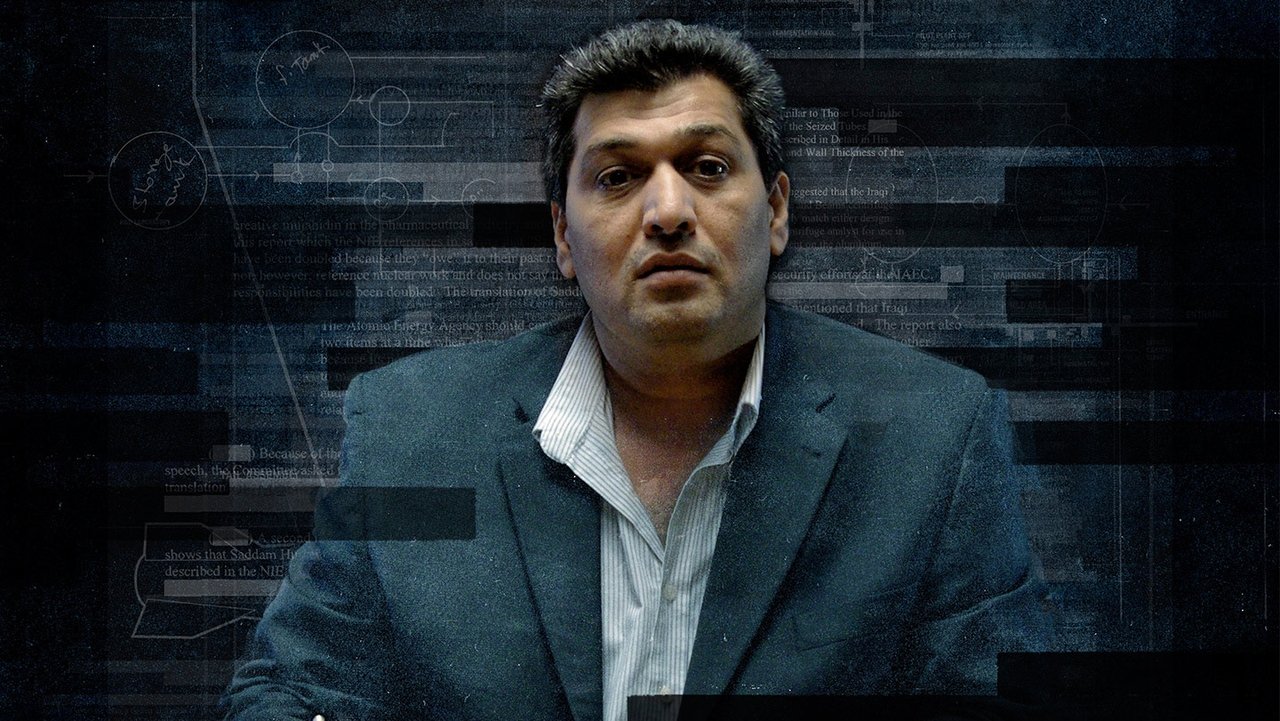
War of Lies(2014)
War of Lies is the story of an Iraqi refugee, whose information about portable weapons of mass destruction passed through the hands of the BND, MI6 and CIA. This information was ultimately used by the US government to legitimize the invasion of Iraq in 2003. Today we know the war was based on a lie. The press blamed Rafed Ahmed Alwan, he, though, proudly presents himself as the man who helped remove Saddam Hussein. Was Alwan really able to walk all over the worlds intelligence services and how did this lie become a convenient truth?

Movie: War of Lies
Top 1 Billed Cast
Himself
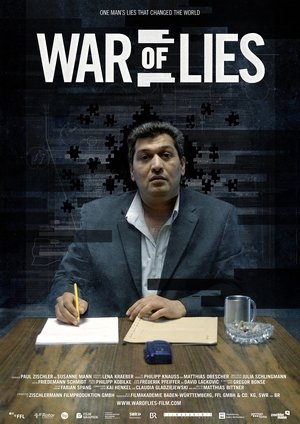
Krieg der Lügen
HomePage
Overview
War of Lies is the story of an Iraqi refugee, whose information about portable weapons of mass destruction passed through the hands of the BND, MI6 and CIA. This information was ultimately used by the US government to legitimize the invasion of Iraq in 2003. Today we know the war was based on a lie. The press blamed Rafed Ahmed Alwan, he, though, proudly presents himself as the man who helped remove Saddam Hussein. Was Alwan really able to walk all over the worlds intelligence services and how did this lie become a convenient truth?
Release Date
2014-11-22
Average
0
Rating:
0.0 startsTagline
Genres
Languages:
العربيةEnglishDeutschKeywords
Similar Movies
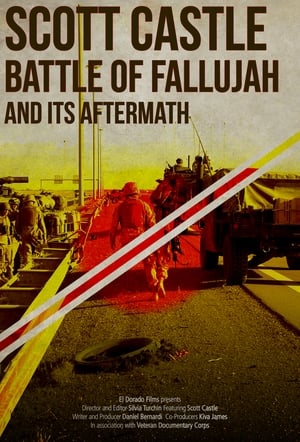 0.0
0.0Scott Castle: Battle of Fallujah(en)
Scott Castle served in the U.S. Marine Corps for four years. While assigned to 1st Battalion, 5th Marines, 1st Marine Division he served three combat tours in Iraq, including the First and Second Battles of Fallujah.
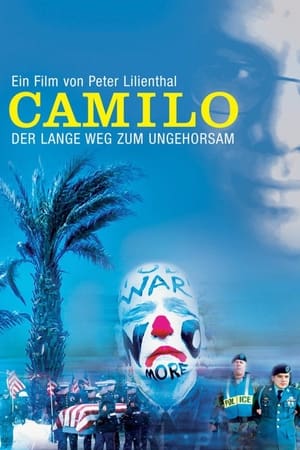 10.0
10.0Camilo: The Long Road to Disobedience(de)
The award-winning filmmaker Peter Lilienthal is dedicated to this extremely poignant documentary of U.S. military policy and the living conditions of former resistance fighters in Latin America.
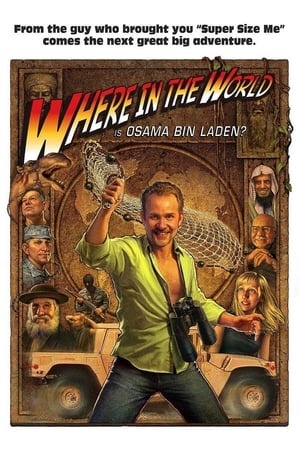 6.2
6.2Where in the World Is Osama Bin Laden?(en)
Morgan Spurlock tours the Middle East to discuss the war on terror with Arabic people.
 7.5
7.5Control Room(ar)
A chronicle which provides a rare window into the international perception of the Iraq War, courtesy of Al Jazeera, the Arab world's most popular news outlet. Roundly criticized by Cabinet members and Pentagon officials for reporting with a pro-Iraqi bias, and strongly condemned for frequently airing civilian causalities as well as footage of American POWs, the station has revealed (and continues to show the world) everything about the Iraq War that the Bush administration did not want it to see.
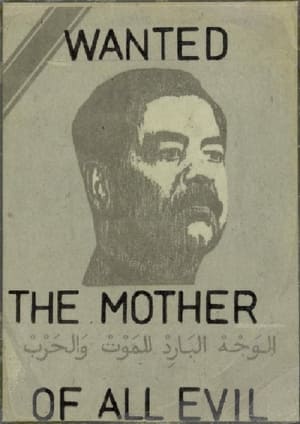 10.0
10.0Saddam: America's Best Enemy(en)
Documents a 40-year relationship between Saddam Hussein and the U.S., through accounts given by those who were witness to and participants in those years of violence. It is about a man and a superpower who used each other, in a marriage of convenience between strange bed-fellows. Includes selected archival footage of Saddam's beginnings, filmed to immortalise his exploits, at 20 years of age, in 1959. Includes also images from the film, Saddam Hussein, le maître de Baghdad, directed by Michel Vuillermet (Zarafa Films)
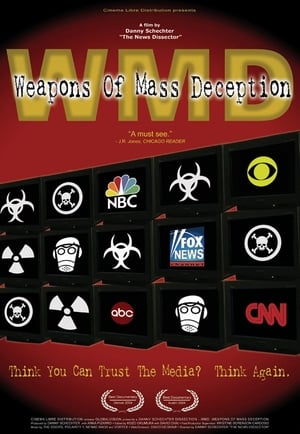 6.9
6.9WMD: Weapons of Mass Deception(en)
There were two wars in Iraq--a military assault and a media war. The former was well-covered; the latter was not. Until now... Independent filmmaker, Emmy-award winningTV journalist, author and media critic, Danny Schechter turns the cameras on the role of the media. His new film, WMD, is an outspoken assessment of how Pentagon propaganda and media complicity misled the American people...
 7.8
7.8When We Speak(en)
Three incredible stories of women who risked everything to tell the truth. Their stories became worldwide scandals and took a personal toll on each of their lives
The Staggering Cost of the Never-Ending War on Terror(en)
9/11 marked a new era in global terrorism, and a "War on Terror" was launched by the US. Since then, trillions have been spent on conventional warfare, counter-terrorism, secret intelligence, homeland security, cyberdefence and more, in pursuit of a sometimes indefinable enemy. We look at the costs and impact of this effort. Is there less terrorism today than before the war started? Is our world any safer?
War of Lies: How to Sell an Invasion(en)
Saddam Hussein's arsenal of "weapons of mass destruction" was George W. Bush's main justification for waging war against Iraq in 2003. After the invasion of the country, American leaders recognised that they had been mistaken, and that the Baghdad tyrant did not possess such a capability. Bush claimed it was an error and defended his good faith, denouncing the negligence of his secret services. But the brutal truth lies elsewhere: The war in Iraq was based on lies.
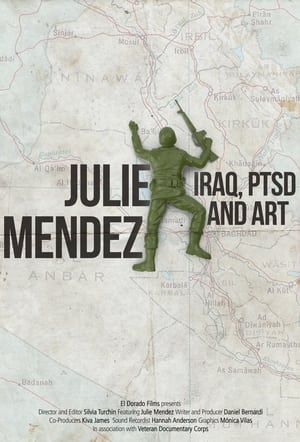 0.0
0.0Julie Mendez - from PTSD to Art(en)
Julie Mendez was a 17 year old teenager when she saw the "be all that you can be" Army recruiting messaging and decided to enlist. Her life would change forever when she was deployed to serve in the Iraq War. Her experiences changed her and she returned home to face feelings of isolation and depression. Always a creative person, Julie turned to art to help her process her experiences and begin to heal her PTSD.
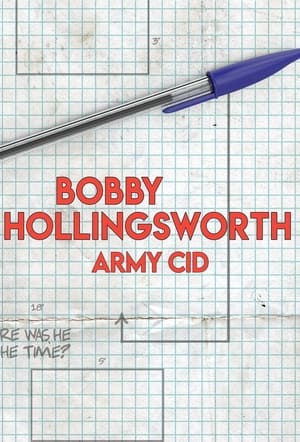 0.0
0.0Bobby Hollingsworth: Army CID(en)
Bobby served in the United States Army for 10 years in a Criminal Investigation Division (CID) unit. During that time, he was deployed once to Iraq in September 2006, where he developed PTSD.
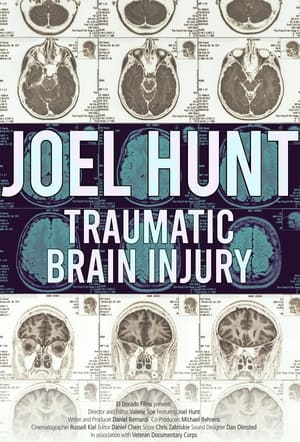 0.0
0.0Joel Hunt: Traumatic Brain Injury (TBI)(en)
Joel Hunt served as a combat engineer from 1998-2007, with multiple tours in Iraq. While there, he endured more than 15 roadside bombs, and experienced a traumatic brain injury (TBI). Today, with the help of his dog, Barrett, he uses sports to push through the challenges of having a TBI.
 7.1
7.1Fahrenheit 9/11(en)
Michael Moore's view on how the Bush administration allegedly used the tragic events on 9/11 to push forward its agenda for unjust wars in Afghanistan and Iraq.
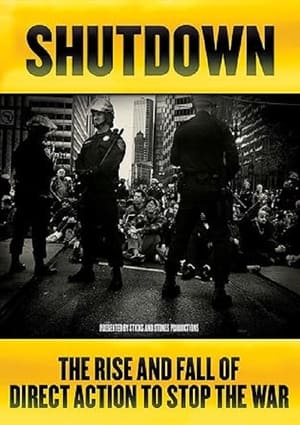 0.0
0.0Shutdown: The Rise and Fall of Direct Action to Stop the War(en)
In the winter of 2002-'03, as the US was building its case to attack Iraq, people around the world responded with a series fo the largest peace protests in history. Shutdown: The Rise and Fall of Direct Action to Stop the War, is an action-packed documentary chronicling how DASW successfully organized to shut down a major US city and how they failed to effectively maintain the organization to fight the war machine and end the occupation of Iraq. Created by organizers involved with DASW, Shutdown combines detailed information on organizing for a mass action, critical interviews on organizing pitfalls, and the wisdom of hindsight. It is a must-see film for those engaged in the continuous struggle toward social justice.
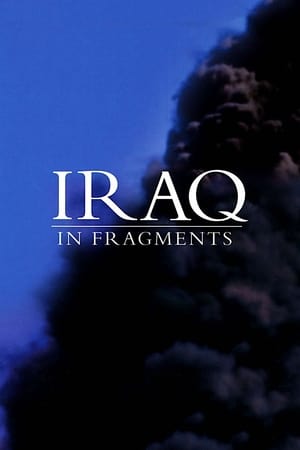 6.6
6.6Iraq in Fragments(ku)
An opus in three parts, Iraq In Fragments offers a series of intimate, passionately-felt portraits: A fatherless 11-year-old is apprenticed to the domineering owner of a Baghdad garage; Sadr followers in two Shiite cities rally for regional elections while enforcing Islamic law at the point of a gun; a family of Kurdish farmers welcomes the US presence, which has allowed them a measure of freedom previously denied. American director James Longley spent more than two years filming in Iraq to create this stunningly photographed, poetically rendered documentary of the war-torn country as seen through the eyes of Sunnis, Shiites and Kurds.
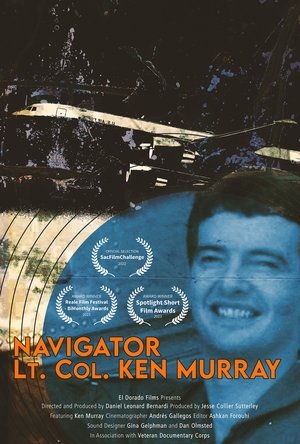 0.0
0.0Navigator: Lt. Col. Ken Murray(en)
A former U.S. Air Force air tanker navigator, Lt. Col. Ken Murray’s career takes us from the horrific accident that killed 70 people at an airshow demonstration to Operation Just Cause in Panama and to the Iraq War. Through it all, we experience air operations, post-deployment divorce, a new career as a famed sports photographer and new loves.
Bearing Witness(en)
Follow five women reporters and the challenges they face as they work in Iraq during the Second Gulf War. Molly Bingham is an experienced photographer who was held for several days at Abu Ghraib prison at the start of the war. Marie Colvin is a reporter who lost her eye to a grenade while working in Sri Lanka. Janine di Giovanni has to deal with the difficulties of becoming a mother and still working to fulfill her duties as a journalist. Mary Rogers is a camerawoman who continues to put herself in harm's way in an effort to get the proper footage to cover her stories.
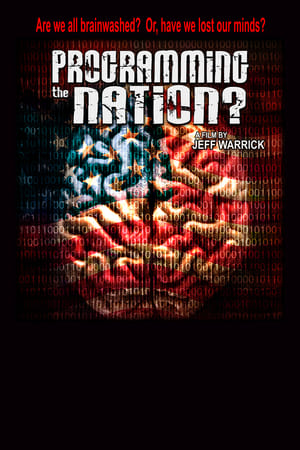 6.2
6.2Programming the Nation?(en)
Programming the Nation? takes an encompassing look at the history of subliminal messaging in America. According to many authorities, since the late 1950s subliminal content has been tested and delivered through all forms of mass-media including Hollywood filmmakers Alfred Hitchcock and William Friedkin. Even our modern military has been accused of these practices in the "war on terror" against soldiers and civilians both abroad and at home. With eye-opening footage, revealing interviews, humorous anecdotes, and an array of visual effects, the film categorically explores the alleged usage of subliminals in advertising, music, film, television, anti-theft devices, political propaganda, military psychological operations, and advanced weapons development. Director Jeff Warrick makes it his personal mission to determine if these manipulative tactics have succeeded in "programming the nation?" Or, if subliminal messaging belongs in the category of what many consider urban legend.
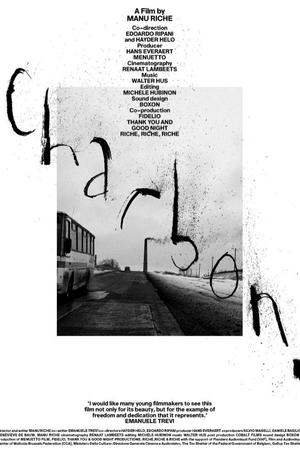 0.0
0.0Coal(nl)
CHARBON depicts how Europe was built on fossil fuels over the past 100 years. And how it was torn apart by wars that were the result of these same fossil fuels. During 3 trips to Ukraine, Italy and Iraq, filmmaker Manu Riche explains how he and his French-German family are inseparably connected to the fate of the Iraqi filmmaker and refugee Hayder Helo.
The Fallen(en)
A powerful and poignant film in which families and friends of those who have died fighting in Afghanistan and Iraq talk openly about their loved ones and their grief. Epic in scale and spanning seven years of war, this landmark three-hour film gives a rare insight into the personal impact and legacy of this loss.